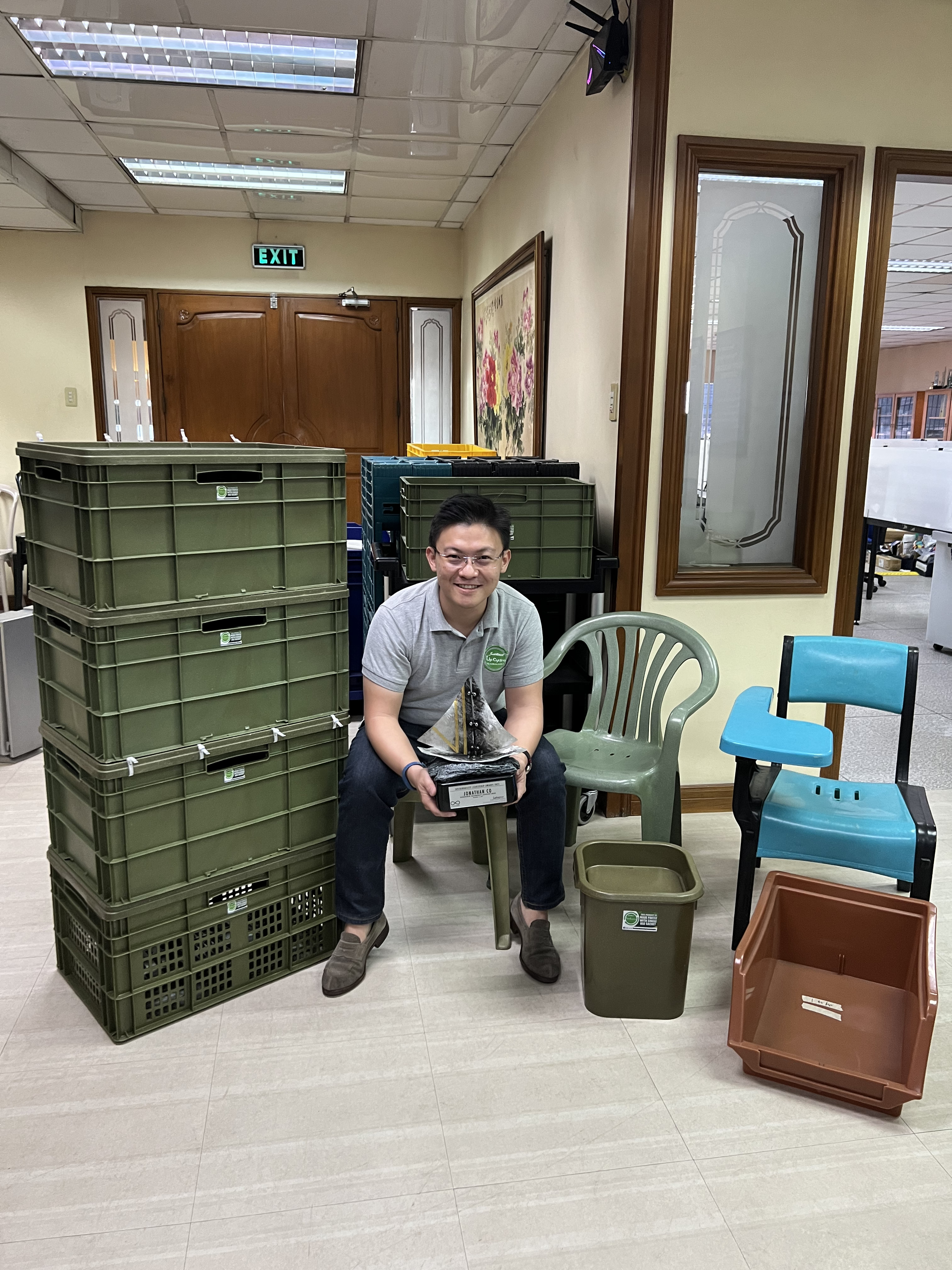
On the occasion of World Environment Day 2025, the Regional Knowledge Centre for Marine Plastic Debris is pleased to present a thought-provoking opinion piece by Dr Venkatachalam Anbumozhi, Senior Research Fellow for Innovation at ERIA. Dr Anbumozhi is widely recognised for his work on sustainable development, including his contributions to the ASEAN Circular Economy Framework.
In his latest op-ed, Dr Anbumozhi sheds light on the escalating plastic crisis in the ASEAN region and calls for a decisive shift from the prevailing ‘take-make-dispose’ model towards a more circular and sustainable use of plastics. Amongst the numerous challenges in this transition, he identifies financing as a critical barrier to progress.
To address this, Dr Anbumozhi advocates for the adoption of innovative financing instruments such as green bonds, sustainability-linked loans (SLLs), plastic credits, and blended finance. These mechanisms, he argues, are essential to building a robust financial architecture that can support a viable circular economy for plastics in ASEAN.
‘Without innovative financing, the circular economy risks remaining more of an aspiration than an action,’ Dr Anbumozhi warns.
To read the full story, visit: Beyond Traditional Funding: Can ASEAN Innovate Its Way Out of the Plastic Crisis?
On the occasion of World Environment Day 2025, the Regional Knowledge Centre for Marine Plastic Debris is pleased to present a thought-provoking opinion piece by Dr Venkatachalam Anbumozhi, Senior Research Fellow for Innovation at ERIA. Dr Anbumozhi is widely recognised for his work on sustainable development, including his contributions to the ASEAN Circular Economy Framework.
In his latest op-ed, Dr Anbumozhi sheds light on the escalating plastic crisis in the ASEAN region and calls for a decisive shift from the prevailing ‘take-make-dispose’ model towards a more circular and sustainable use of plastics. Amongst the numerous challenges in this transition, he identifies financing as a critical barrier to progress.
To address this, Dr Anbumozhi advocates for the adoption of innovative financing instruments such as green bonds, sustainability-linked loans (SLLs), plastic credits, and blended finance. These mechanisms, he argues, are essential to building a robust financial architecture that can support a viable circular economy for plastics in ASEAN.
‘Without innovative financing, the circular economy risks remaining more of an aspiration than an action,’ Dr Anbumozhi warns.
To read the full story, visit: Beyond Traditional Funding: Can ASEAN Innovate Its Way Out of the Plastic Crisis?

Programme Manager


